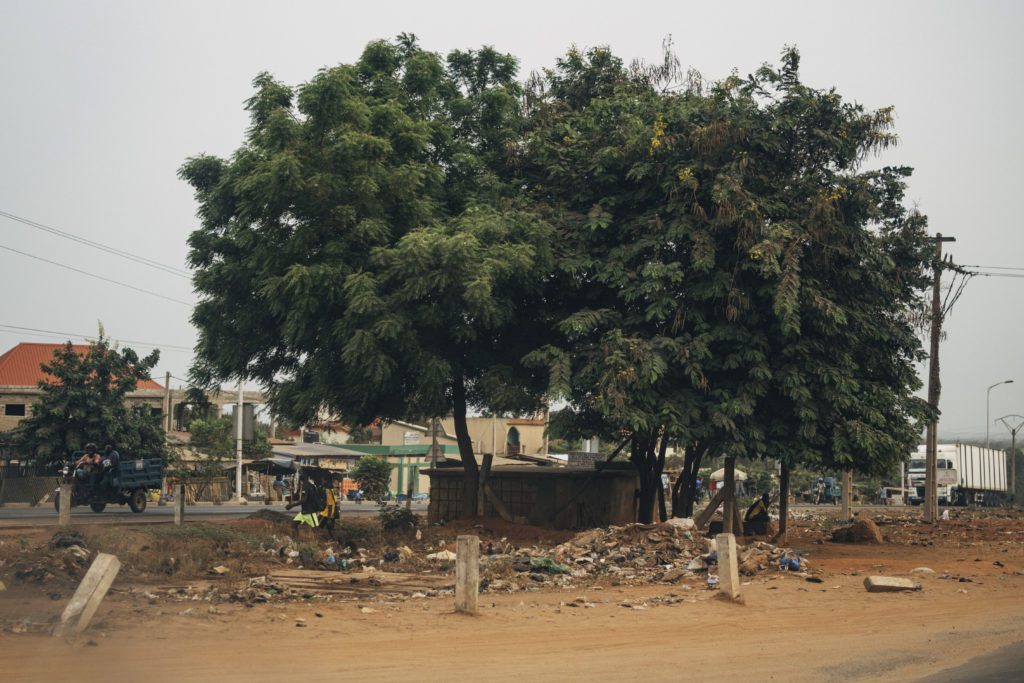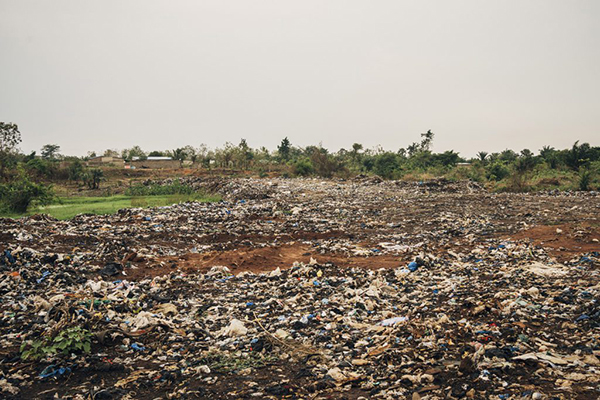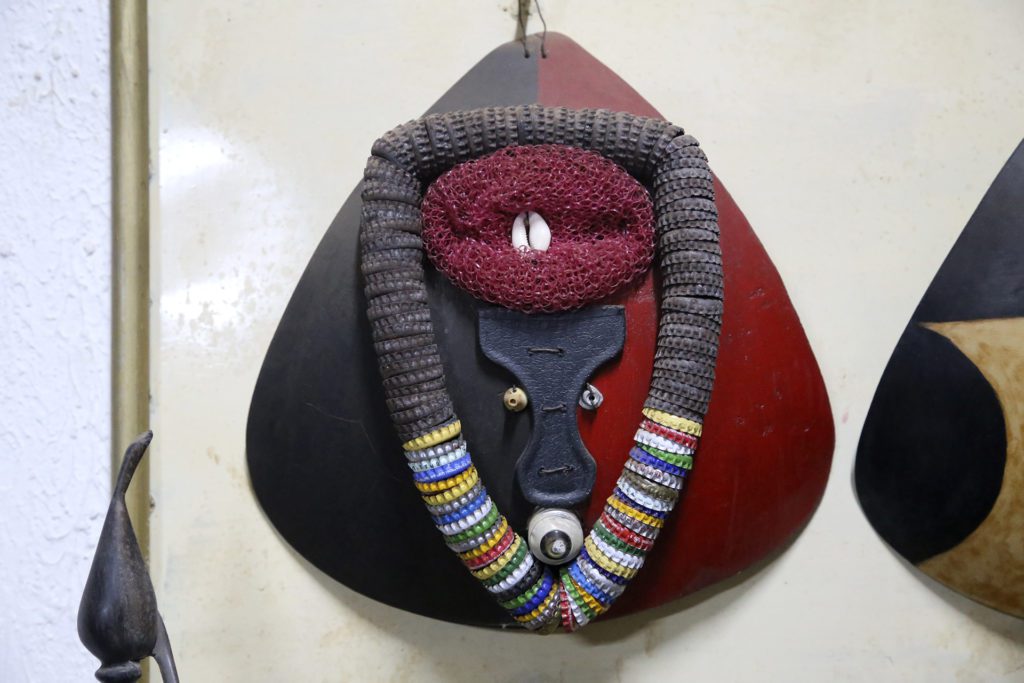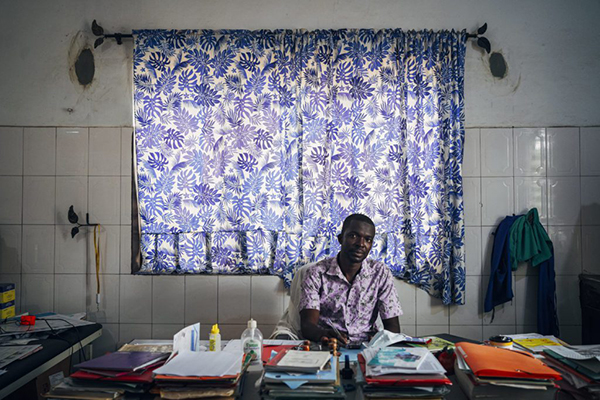The global energy crisis caused by the war in Ukraine also has an effect on the price of fuel in Africa. However, this increase could constitute an economic opportunity for producer countries such as Angola or Nigeria.
*This content is offered in association with Africa Mundi.
We are facing an energy crisis on a global scale as a result of the war in Ukraine. In Europe, the geo-political situation is in turmoi with sanctions against Russia and the search for alternative sources of gas and oil.
The 27 EU members import one third of their gas from Russia; Germany more than 50%, and given the sanctions and the war, European governments have changed course to reduce their energy dependency and as such to isolate Russia economically.
In contrast, Africa is not as dependent on Russian oil. Just 2.9% of imports in 2019 came from Russia, and only two countries, Senegal (19.7%) and Burkina Faso (17.2%) are highly dependent on it. Meanwhile some countries such as Libya, Angola, or Nigeria are major oil producers, and so higher market prices is a great source of income for their coffers.
Even so, the price of petrol has soared, especially in producer countries such as Angola or Nigeria. Why?
Crude oil is plentiful, but petrol is scarce
The main reason is that despite producing 10% of the world’s oil. Africa exports crude oil and then imports it back refined, and is therefore dependent on the outside world for the petrol citizens use to fill up their cars. In Nigeria, none of the four refineries is operational, and the lack of industrialization creates dependency on the outside world and leads to shortages in times of crisis, affecting the population when there is a spike in prices. Diesel has increased in Nigeria from 240 nairas/litre (€0.55) in early 2022 to 540 nairas (€1.25) in May, which places hauliers in a difficult position.
Added to this, the main oil producers subsidise petrol prices, and as such the increase in international prices is posing a threat to the national coffers. Nigeria has been subsidising petrol since 1977 and currently limits prices to 165 nairas/litre, or €0.40. In 2019, the government spent 7,000 million dollars on this subsidy, and in the face of pressure by international bodies, in 2021 president Muhamadu Buhari announced the end of this subsidy in exchange for a single cheque worth 12 dollars/month for 40 million people. In January, even before the invasion, he was forced to do a U-turn in response to social pressure and announced that the original scheme would be extended for 18 months.
Now the government has said that it will have to draw on 2,200 million dollars in Eurobonds to cover the cost of the price increase, and that the deficit will rise to 4% of GDP. Despite the negative short-term effects on the continent caused by rising oil prices, many see this war as a business opportunity with Europe with gas as the main incentive. Despite the fact that currently Europe only imports 10% of its gas from Africa, new projects such as the Cabo Delgado in Tanzania are increasing the continent’s capacity, positioning Africa as an energy partner going forward, with 19 African countries having natural-gas resources.
An uncertain short-term future
The global increase in the price of food and energy constitutes a serious challenge given the shortage of raw materials such as wheat and refined petroleum. Governments ought to increase vital state subsidies even further in order to guarantee food security. However, small countries or those that are less economically resilient such as Benin may suffer an increase in social tension if their populations are unable to pay the increased prices.
Despite this, the war in Ukraine has a positive side: the possibility of accelerating the industrialization of the continent and its energy sovereignty. If the European Union is seeking a partner away from Russia, Africa is a viable alternative for various reasons, including its geographical proximity and a more attractive price. In order to take advantage, the continent must safeguard its infrastructures and reduce conflict and institutional instability, which deter outsider partner countries from investing.






